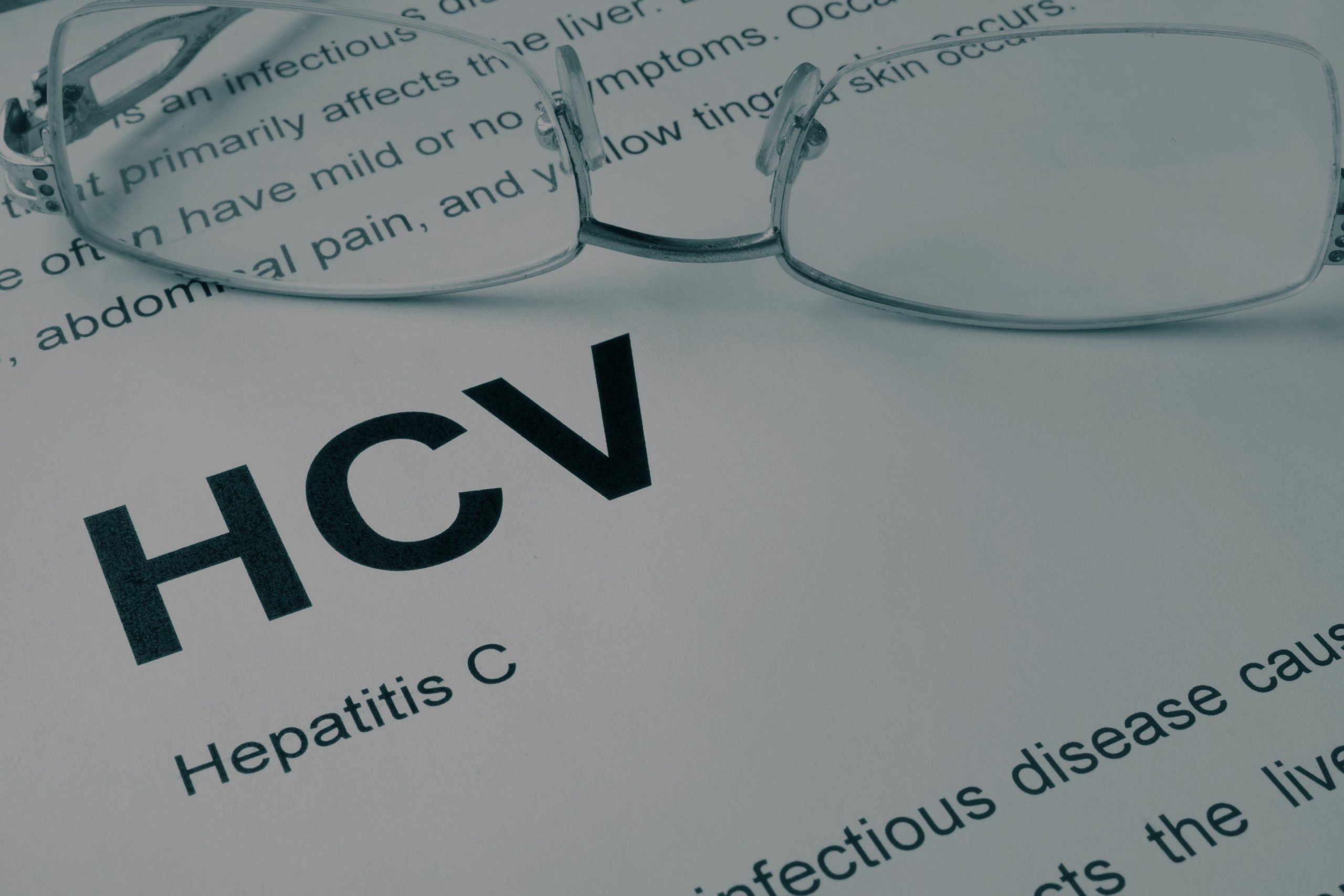
Harvard Center for Health Law and Policy Innovation Calls on Department of Justice to Enforce the Americans with Disabilities Act and Stop Health Insurers from Illegally Restricting Access to Critical Care
New research finds that hepatitis C treatment restrictions based on alcohol or drug use violate the Americans with Disabilities Act and undermine efforts to end the hepatitis C epidemic.
The Center for Health Law and Policy Innovation (CHLPI) of Harvard Law School is urging the U.S. Department of Justice (DOJ) to enforce the Americans with Disabilities Act (ADA) against discriminatory barriers to hepatitis C virus (HCV) treatment in both Medicaid programs and correctional health facilities. New research by CHLPI published in the July/August edition of Public Health Reports concludes that HCV treatment restrictions based on alcohol or drug use violate the ADA, which prohibits discrimination against persons with disabilities in public services, including people with substance use disorders who are seeking health care.
Although there is now a cure for HCV, cases have continued rising since 2010 due to the ongoing opioid use epidemic. Meanwhile 13 states deny treatment to Medicaid patients based on their alcohol or drug use, according to a recent snapshot of states with HCV treatment restrictions by CHLPI and the National Viral Hepatitis Roundtable (NVHR). Such restrictions are in conflict with the medical standard of care and ethical conduct of medicine. While court cases brought by Medicaid beneficiaries and incarcerated persons have been successful in removing other restrictions to care, such as those based on the severity of a patient’s disease, CHLPI concluded that the DOJ should enforce the ADA using its civil enforcement authority to remove sobriety restrictions for HCV treatment in Medicaid programs and correctional health facilities.
“Sobriety restrictions effectively feed this communicable disease, and they are especially damaging in the midst of the COVID-19 pandemic that places people with chronic conditions at greater risk, and in the middle of the opioid epidemic that is strongly linked to an increase in HCV prevalence,” said Robert Greenwald, a Clinical Professor of Law and the Faculty Director of the Center for Health Law and Policy Innovation at Harvard Law School. “Preventing care for patients with HCV who have a history of substance use disorder is illegal. We want to work with the DOJ to remove these harmful restrictions, but we are also committed to pursuing litigation if discrimination persists.”
DOJ enforcement of the ADA would be a faster and more effective avenue for eliminating sobriety-based restrictions than litigation brought by private parties. By expanding access to HCV treatment, this strategy could significantly reduce the spread of HCV infections, and improve public health.
“Sobriety restrictions perpetuate the stigma and discrimination associated with drug and alcohol use and limit efforts to prevent and treat hepatitis C among underserved populations,” said Michael Ninburg, Executive Director of the Hepatitis Education Project and NVHR. “We can eliminate hepatitis C in this country, but we need to ramp up testing and treatment in these same populations, including among people who inject drugs and prisoners.”
HCV infection rates in the United States tripled from 2010 to 2015 despite the introduction of new and effective treatment during this era. This increase is attributed in part to the ongoing opioid epidemic, as injection drug use is the most common method of new HCV transmission. With high initial prices for direct acting antiviral (DAA) drugs, several Medicaid programs and correctional health facilities created unfair systems to reduce their costs, including by limiting access to DAA therapies based on disease severity (as measured by liver damage), and based on periods of sobriety from drugs and/or alcohol before treatment.
Treating HCV reduces its prevalence, and treatment success with DAAs is extremely high regardless of alcohol use. With the public’s health at stake, especially during the COVID-19 pandemic, there is widespread disapproval of sobriety restrictions, including from the Centers for Medicare & Medicaid Services (CMS), the U.S. Department of Veteran Affairs, and other leading professional associations of Medicaid providers.
“HCV is curable and preventable, and no one deserves to be denied effective treatment. If we are going to stop the spread of HCV infection in the United States, it is critical that we expand access to DAA treatment to all who need it,” added Greenwald.
